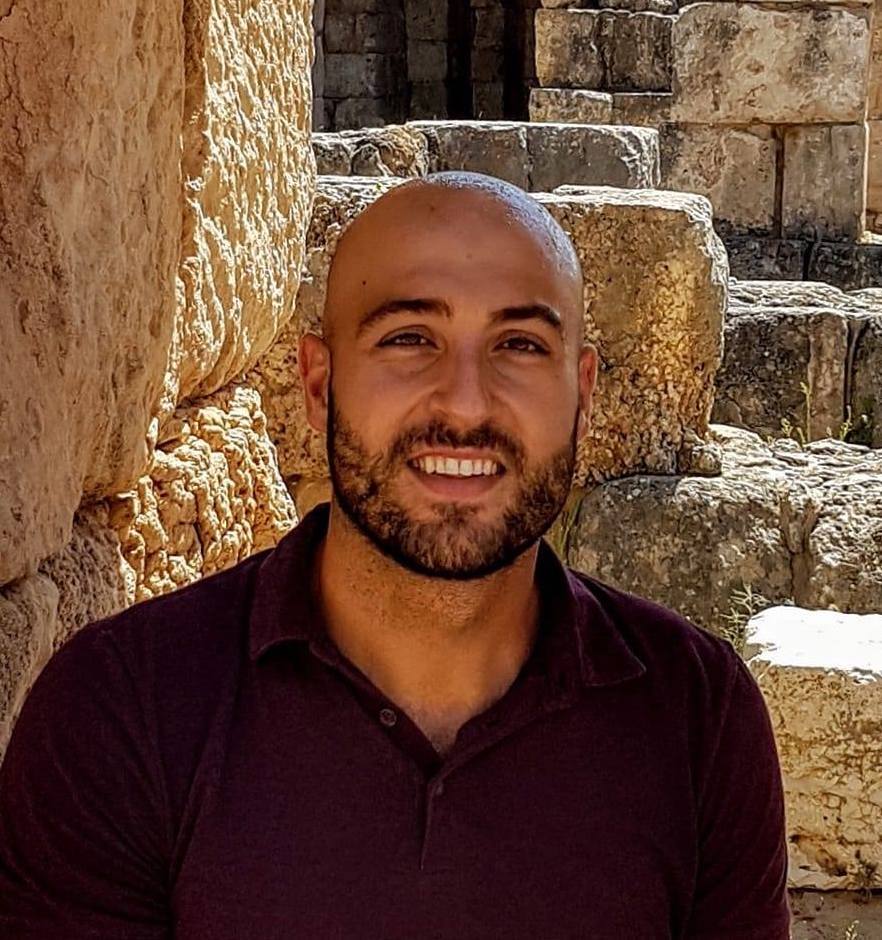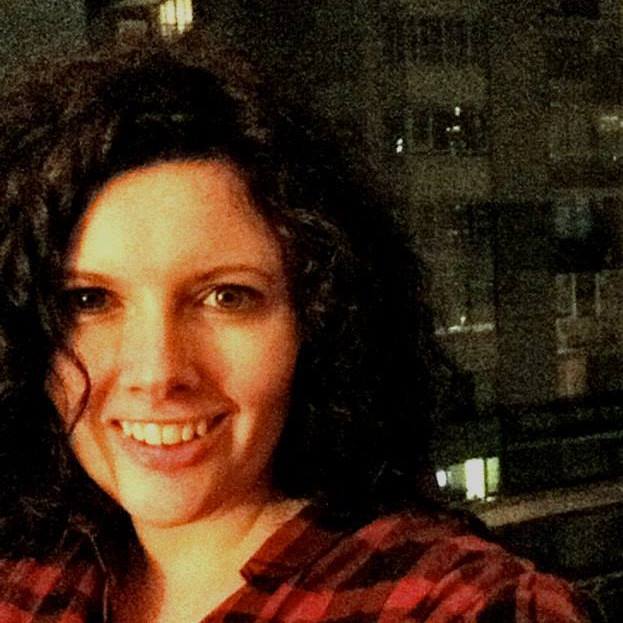Let’s do this
You’ve bought a home before—maybe more than one. But the real estate industry changes rapidly, and it always helps to have a reminder of how sourcing the right mortgage and buying a home works.
Good news: that’s exactly why we’re here. At Nest Mortgage, everything we do revolves around you. We’ve created a simple and straightforward application process for those who are ready to dive right in. But we also offer plenty of guidance and hands-on support if you need it.
Based in Vancouver, B.C., Nest has helped thousands of home owners across Canada, just like you. We know the mortgage industry inside and out, because it’s our speciality. Whether you’re downsizing or upgrading, moving across the street or around the world, we’ll search high and low to find a mortgage solution to help you find the home you’ve been looking for.
Got questions? We’ve got answers
Buying a home can feel complicated, even for people who have done it before. At Nest, we aim to make it streamlined and stress free.
Have a look through our home buying guide and frequently asked questions below, and don’t hesitate to reach out if you have any other questions or queries.
Experienced Home Buyer FAQs
- Do I need to sell my current home before I buy a new one?
It depends. An advantage of selling first is that you’ll have funds available for your down payment. And you’ll have a better idea of how much you can afford. A disadvantage is that if you sell, but can’t find the right home to buy, then you’ll need to find another place to live for a period of time, and a spot for all your furniture and furnishings.
Buying first also comes with risks. If you buy first, then sell your current home for less than you’d hoped, you run the risk of being ineligible for your financing for your new mortgage.
Maybe you want to consider keeping your existing home as an investment, with a renter to help cover the cost. You can refinance to access the down payment for a new home and the mortgage interest you pay becomes tax deductible.
The bottom line: Every situation is different. Come to Hub and we’ll help you work out the right approach for you.
- Should I use the same mortgage company that I’m currently using?
Maybe, but it’s worth checking to see if you can do better. We’ll review the implications of transferring your existing rate and term to your new purchase, or starting fresh with a new mortgage.
- How is Hub better than my last mortgage experience?
Hub is made up of mortgage experts. We have decades of combined experience working with people just like you on a vast array of mortgages and homes. We’ve applied our years of experience to create a simple and stress-free approach to mortgages, starting with an easy online application process. And if you ever have questions, we’re easy to connect with in person or on the phone.
- How much home can I afford?
If you’re selling your current home, you’ll need to estimate how much you expect to receive from the sale in net proceeds, and add it to any savings you’re planning to use. Then calculate how much you can afford to spend each month. Good news: We can help you figure this out. Try our mortgage calculator to get an idea of how much you can afford based on your savings and your income.
- What’s the process for getting approved?
It’s simple and straightforward. After you know how much you’re planning to spend on your new home, fill out our online application to get started. After you fill out the application and provide a few supporting documents, the team at Hub starts looking for the best possible mortgage for you. We use our cutting-edge technology to search offers from over 230 lenders, to source the ideal product for your needs. We’ll provide you with a summary report that outlines your options, along with instructions for how to move forward.
- How much do I need for my down payment?
For most people, the minimum down payment you can make is 5 percent for the first $500,000 of the purchase price, and 10 percent for the portion between $500,000 and $999,999. For homes that cost $1 million and up, the minimum down payment is 20 percent of the purchase price.
So, for a $700,000 home, the minimum down payment is calculated like this:
$500,000 x 5% = $25,000
$200,000 x 10% = $20,000
For a total minimum down payment of $45,000.
Note: If you’re self-employed or have a weak credit score, you may need a larger down payment.
- What’s a monoline lender, and do you recommend them?
A monoline lender is a company that specializes in lending for mortgages and other significant purchases. At Hub, we don’t work solely with big banks—we also source financing options from reputable monoline lenders who may offer better rates than banks with no additional risk. It’s all about finding the best possible mortgage option to suit your situation.
A deposit is a portion of your total down payment placed in trust to show the seller of a home that you’re serious about your intent to buy. It’s also called “consideration” in some regions. The deposit is typically made sometime after the seller has accepted your offer to purchase the home and before you take formal ownership of the property. Again, the deposit makes up a portion of your down payment, it is not in addition to your down payment.



